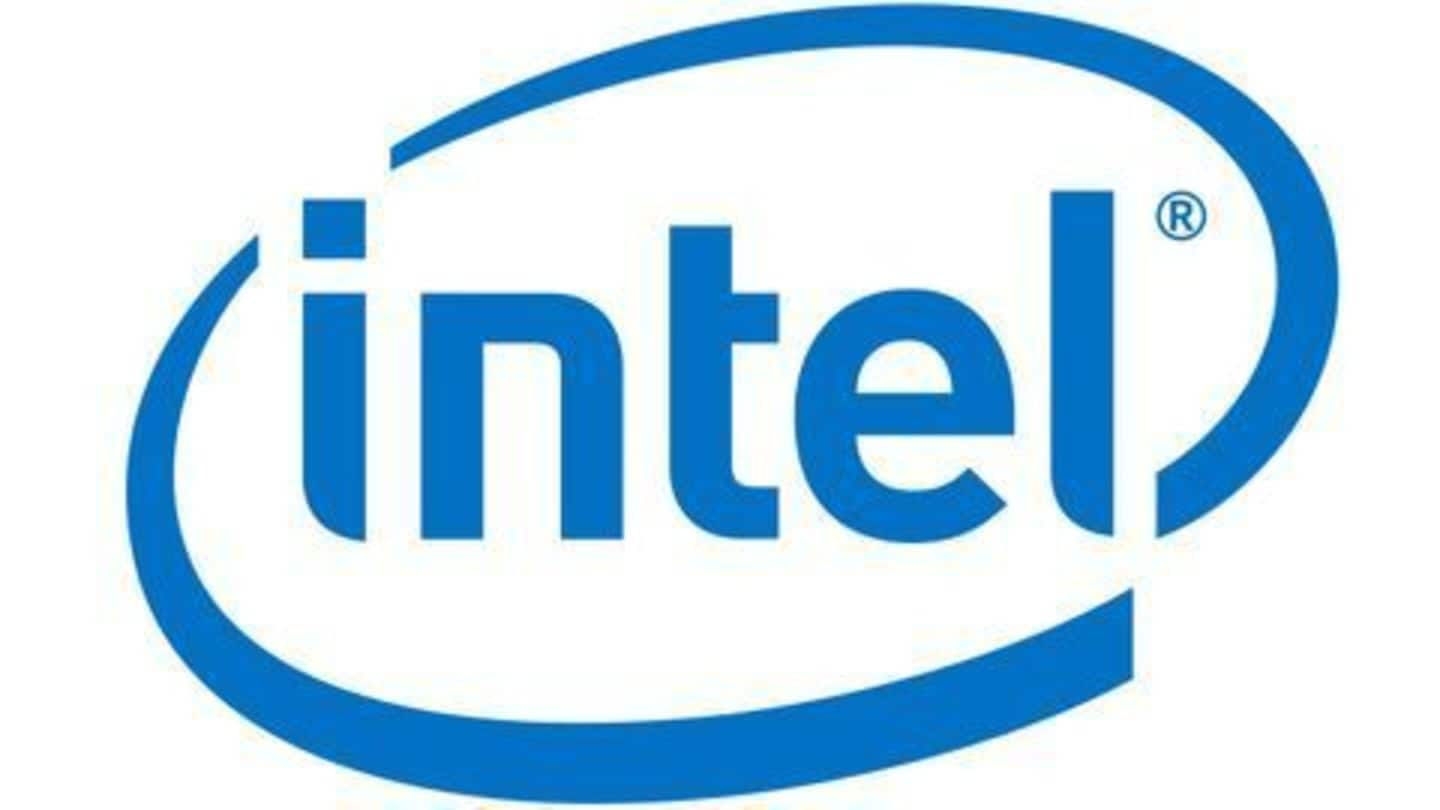
Intel acquires self-driving tech firm MobilEye for $15.3 bn
What's the story
Intel announced the acquisition of Israeli company MobilEye, one of the biggest players in autonomous vehicle technology, for $15.3 billion.
BMW's iNext autonomous driving platform had recently teamed up with Intel and MobilEye, and going by the acquisition, it could be said that Intel's work with MobilEye has gone well.
The deal is one of the largest acquisitions of an Israeli tech company ever.
Do you know?
A bitter end to a fruitful partnership
MobilEye rose to prominence because of its partnership with Tesla, given its contribution to the development of Tesla's Autopilot feature. However, after a fatal Tesla Model S crash in 2016, MobilEye split with Tesla, stating that Tesla was "pushing the envelope in terms of safety".
Project
The Intel-MobilEye-BMW iNext project
The partnership between Intel, MobilEye, and BMW iNext isn't a BMW exclusive project.
The project involves creating a "scalable architecture" which can be used by any automaker or developer to develop their self-driving technology from scratch, whether they need individual parts or a full-scale self-driving system.
This has the potential to become a massive business for MobilEye, which could explain the heavy acquisition price.
Do you know?
BMW iNext is scheduled for 2021
The Intel-MobilEye-BMW iNext project aims to test its autonomous driving tech using modified BMW 7 series cars sometime this year. However, production cars arising from this collaboration is not expected to arrive before 2021.
Why cars?
Why Intel's shift from chips to cars?
In today's age, desktop computers are fast losing ground to mobile devices, a phenomenon that has adversely affected Intel and benefited companies like Qualcomm.
Consequently, Intel has been forced into other areas like wearable tech, connected homes, internet-of-things devices, none of which are hot stuff yet.
Autonomous cars, on the other hand, arguably has a bright future and that could explain Intel's interest.